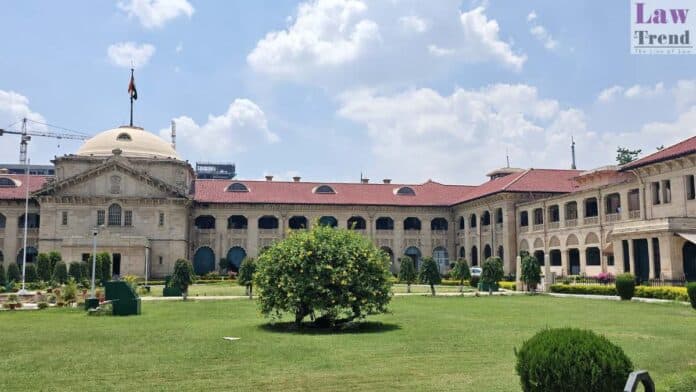In a significant ruling, the Allahabad High Court, comprising Justice Yogendra Kumar Srivastava and Justice Siddhartha Varma, has dismissed a writ petition filed by Anil Pathak and Another (Petitioners) against the State of U.P. and others (Respondents), including the concerned bank, seeking an extension of time to deposit the balance auction amount or a refund
To Read More Please Subscribe to VIP Membership for Unlimited Access to All the Articles, Download Available Copies of Judgments/Order, Acess to Central/State Bare Acts, Advertisement Free Content, Access to More than 4000 Legal Drafts( Readymade Editable Formats of Suits, Petitions, Writs, Legal Notices, Divorce Petitions, 138 Notices, Bail Applications etc.) in Hindi and English.




